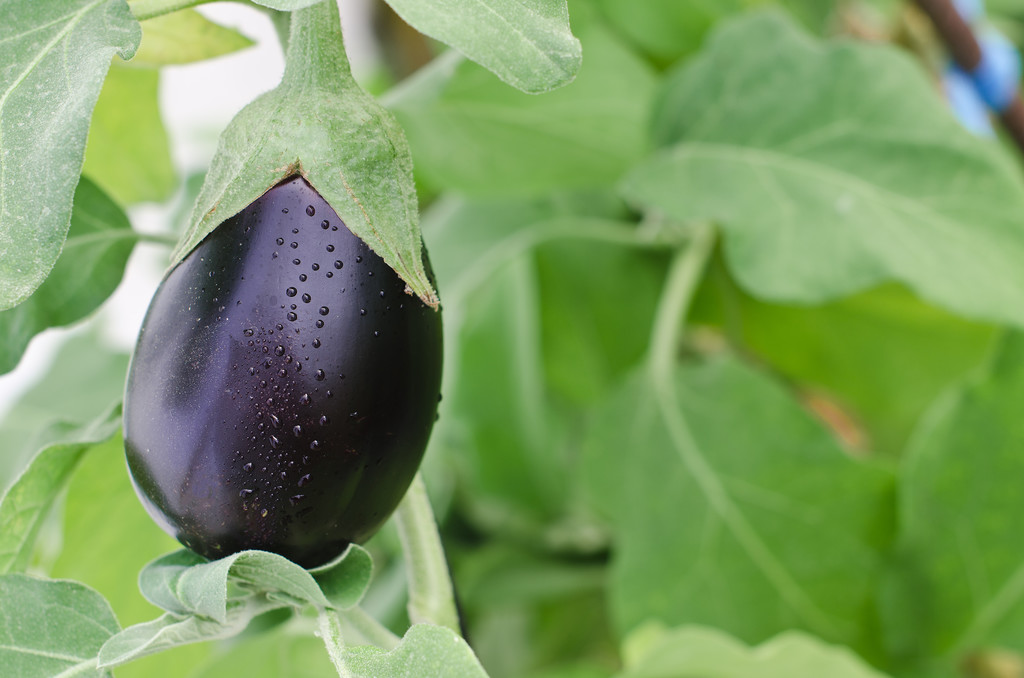Eggplants are healthy, consist mostly of water and are very low in calories. You can read in our guide what else is in aubergines and what makes them so healthy.
Aubergines belong to the nightshade family and originally come from India. Vegetables conquered the Arab world early on and came to Europe via Spain. Since then, the healthy aubergines have been particularly popular in Mediterranean cuisine. Originally, the vegetable was white to cream-colored and significantly smaller than today’s variants. Hence the name eggplant, which is still used today, or in the English language ‘eggplant’. Today, aubergines come in many different colors and shapes, with the dark purple version being the most common.
Aubergines are healthy: That’s in the vegetables
Because of their good nutritional value, aubergines are considered to be particularly healthy. They consist of 93 percent water and therefore the macronutrients are manageable. 100g aubergines contain:
17 calories
3g carbohydrates
less than 1g of fat
3g fiber.
Aubergines contain many valuable vitamins and minerals. These include, among others:
beta-carotene
folic acid
vitamin C
potassium
magnesium
calcium
Healthy aubergines: many positive properties
But it’s not just the vitamins and minerals they contain that make aubergines healthy. The purple vegetable also exhibits many other health properties, as studies show:
Anti-inflammatory: The anti-inflammatory properties have a positive effect on various inflammatory diseases, such as arthritis or gastrists.
Antioxidant: The vegetable is high in antioxidants, according to studies. These support the body in cell renewal and reduce oxidative stress. They also fight free radicals, which is also the reason for their potential anti-cancer properties.
Cardioprotective: The antioxidants it contains can promote the health of our cardiovascular system.
Antibacterial: In the laboratory, an alcoholic extract from the vegetable was effective against various bacteria.
Antidiabetic: The ingredients in aubergines also have a positive effect on blood sugar levels and can therefore be beneficial for diabetics.

Prepare healthy aubergines
So that you can benefit from the advantages of healthy aubergines, there are a few tips on how to prepare them correctly:
Like all nightshades, unripe eggplants contain solanine. The substance tastes bitter and causes stomach pains. Therefore, you should only process ripe eggplants.
Solanine is also the reason you shouldn’t eat eggplant raw. The proportion is very high directly under the base of the stem and in the raw vegetables. Therefore, you should rather enjoy aubergines cooked.
Aubergines continue to ripen after harvest. Apples and tomatoes emit a gas that speeds up this process. If you want your eggplants to last as long as possible, you shouldn’t store them near apples or tomatoes.
Since aubergines have little taste of their own, they are often prepared with a lot of fat. From a health perspective, you should avoid this. To prepare the aubergines tasty, you can put them in spices or marinate them. This method is especially useful if you want to grill or fry eggplants.


